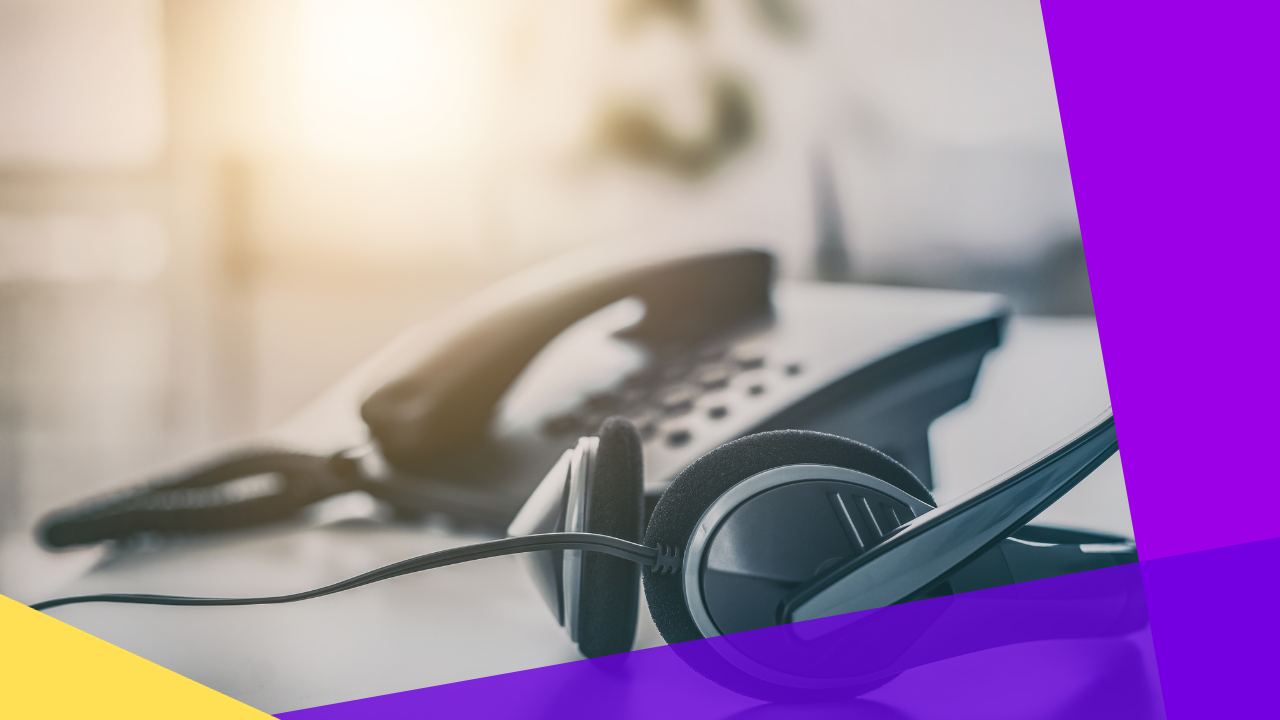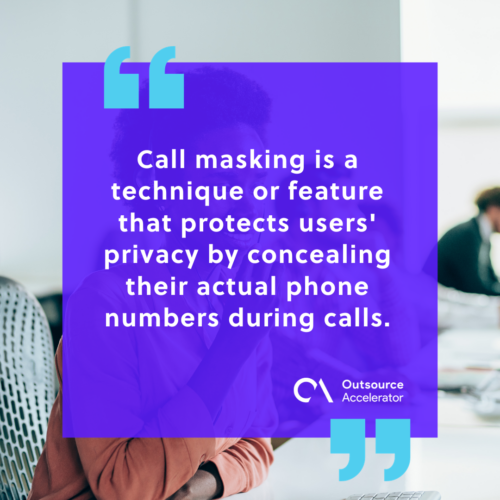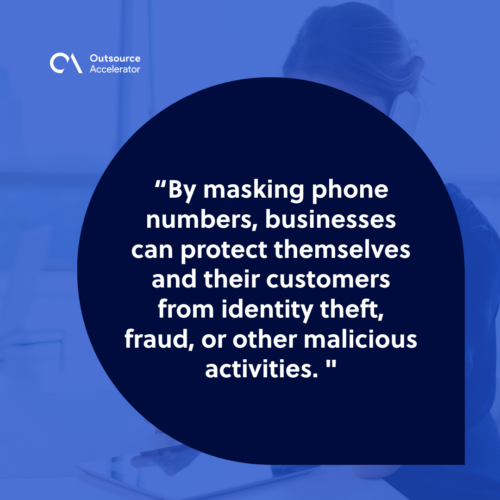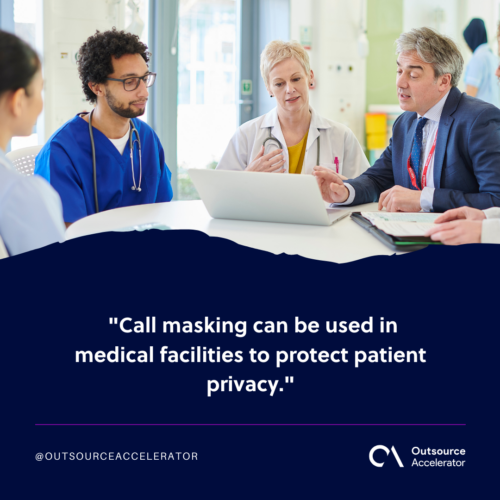Why call masking matters for your business

As communication becomes more digital, the need for privacy and security has never been more crucial.
In fact, Statista reported that the average cost of a data breach worldwide is US $4.35 million. It also revealed that, as a result, users are now more inclined to avoid the risks they could face online.
One technology that addresses privacy and security concerns is call masking. It’s a powerful telecommunications tool revolutionizing how firms protect personal phone numbers.
This article delves into the realm of call masking, exploring its intricacies, benefits, and real-world applications.
From protecting against fraud to enhancing customer trust, we’ll unravel why call masking matters in an era where privacy is paramount.
What is call masking?
Call masking is a technique or feature that protects users’ privacy by concealing their actual phone numbers during calls.
Sometimes called automatic identification number (ANI) masking, it ensures that personal phone numbers remain private by displaying a virtual or proxy number instead.
This virtual number acts as an intermediary between the caller and the recipient, effectively masking their actual phone numbers.
The proxy number can also be set up to display as a local or toll-free number. It could show that the call originates from a specific geographic location or company.

By using call masking, businesses can:
- Maintain privacy and security
- Reduce spam calls
- Enable effective communication without compromising personal information
How does call masking work?
Call masking involves an intermediary, often a cloud-based service, that sits between the caller and the recipient.
Here’s a simplified breakdown:
1. Caller initiates a call. When a caller dials a number, the call is routed through the call masking service.
2. A temporary number is assigned. The service assigns a proxy or masked number to the caller. This number is what appears on the recipient’s phone.
3. Connection established. The call proceeds as usual, with the recipient seeing the masked number rather than the caller’s actual phone number.
4. Privacy maintained. The recipient can return the call using the masked number, but it won’t have access to the caller’s true identity or personal number.
Benefits of call masking
Masking calls can offer several benefits to professionals and businesses:
Privacy protection
Call masking lets you keep your personal phone number confidential, preventing unsolicited calls or potential harassment.
This is particularly valuable for professionals who want to keep their personal and work lives separate.
Improved security
By masking phone numbers, businesses can protect themselves and their customers from identity theft, fraud, or other malicious activities. It adds an extra layer of security to sensitive phone communications.

Brand consistency
This feature aids businesses in maintaining a consistent brand image when making outbound calls. By displaying a consistent virtual number, customers will associate it with your brand and trust the calls they receive.
Reduced spam calls
Masking calls can help reduce the number of unwanted spam calls businesses receive.
According to Zippia, 70% of scam calls today use neighborhood spoofing. This means scammers have honed their skills in concealing their identities and manipulating their phone numbers to resemble your own on your caller ID.
Telemarketers and scammers won’t have direct access to reach you when you mask your phone number. This significantly reduces the frequency of unwanted calls.
Compliance with regulations
In regions with strict data protection regulations, call masking ensures compliance. Companies can maintain communication while adhering to privacy and consent legal requirements.
Use cases for call masking
Call masking can be used in various scenarios to enhance communication and protect privacy:
E-commerce
When buyers and sellers use online platforms, masked calls can provide a secure and anonymous way to contact each other. It can let them communicate without divulging personal contact information.
On-demand services
The technique is widely used in ride-sharing, food delivery, or home services. These industries are where protecting customers with service providers’ privacy is critical.
Virtual contact centers
Contact centers often handle sensitive customer information. Masked calling lets agents interact with customers without revealing their personal and sensitive information.
Healthcare
Call masking can be used in medical facilities to protect patient privacy. By hiding phone numbers, healthcare professionals can:
- Ensure patient confidentiality
- Reduce the risk of data breaches
- Maintain HIPAA compliance while communicating with patients about sensitive health information

Protect customers with call masking
Implementing call masking not only shields the business but also prioritizes customer privacy. This builds trust and reassures customers about the security measures in place to protect their data.
Whether in business transactions, service interactions, or personal communications, the benefits of call masking resonate across various sectors.
It’s shows a commitment to customer trust, fraud prevention, and compliance with evolving privacy regulations.
So, why should call masking matter to a business? Because in a world where privacy is paramount, it’s the shield that ensures secure and confidential communication.







 Independent
Independent




